When Emotions Are Hard: Why Couples Therapy Might Help More Than Individual Therapy Alone
A blog post by Sound Psych & Claude
When one partner struggles with managing intense emotions, it affects both people in the relationship. A new study from the University of North Carolina asked an important question: What if both partners learned emotion skills together instead of just the struggling partner getting individual help?
The Study Setup
Researchers worked with 10 couples where one partner had completed a year of Dialectical Behavior Therapy (DBT) training for emotion regulation problems. These weren't couples in crisis—they just wanted to get better at handling emotions together.
The couples attended 16 group sessions that taught three main things:
How emotions work and how to manage them (using DBT skills)
Better communication and problem-solving as a couple
Understanding how emotions and relationships affect each other
What They Found
The results were encouraging for both partners:
For the partners who had done DBT training:
Depression symptoms dropped significantly (from moderate-severe to mild)
Much better at regulating emotions overall
These improvements lasted six months later
For their partners:
Relationship satisfaction increased
Felt more confident helping their partner with emotions
Also experienced less depression
For both:
High satisfaction with the treatment
Better understanding of how to handle emotional situations together
Why This Matters
The study suggests that when one person has emotional challenges, teaching both partners skills together can be more helpful than individual therapy alone. This makes sense because:
Partners learn a common language for talking about emotions
Both people understand what helps and what doesn't
The relationship becomes a supportive environment instead of a stressful one
Important Limitations
This was a small pilot study with only 10 couples, mostly white and college-educated. The researchers acknowledge these are preliminary findings that need more research with larger, more diverse groups.
Learning These Skills: A Practical Approach
The principles from this research—understanding emotions, improving communication, and handling conflict constructively—are exactly what Dr. Jasmine Dobbs-Marsh teaches in her course "Fight Like You Love Each Other."
Drawing on DBT Couple and Family Therapy, her course helps couples learn to:
Move from high conflict to meaningful connection
Communicate during disagreements without damaging the relationship
Support each other through emotional challenges
Build stronger partnerships using research-based tools
Whether you're dealing with significant emotional challenges or simply want better relationship skills, Dr. Dobbs-Marsh's course provides practical strategies you can use right away.
Explore "Fight Like You Love Each Other" Course →
The Bottom Line
This research suggests that relationships can either help or hurt when it comes to managing emotions. By learning skills together, couples can create an environment where both partners feel supported and understood.
While more research is needed, the early findings point to something important: when one person struggles, both people can benefit from learning how to navigate those challenges as a team.
Ready to learn evidence-based skills for better communication and connection? Explore Dr. Jasmine Dobbs-Marsh's course and discover how couples can transform conflict into connection.
Reference
This blog post is based on the research study:
Kirby, J. S., & Baucom, D. H. (2007). Treating emotion dysregulation in a couples context: A pilot study of a couples skills group intervention. Journal of Marital and Family Therapy, 33(3), 375-391.


